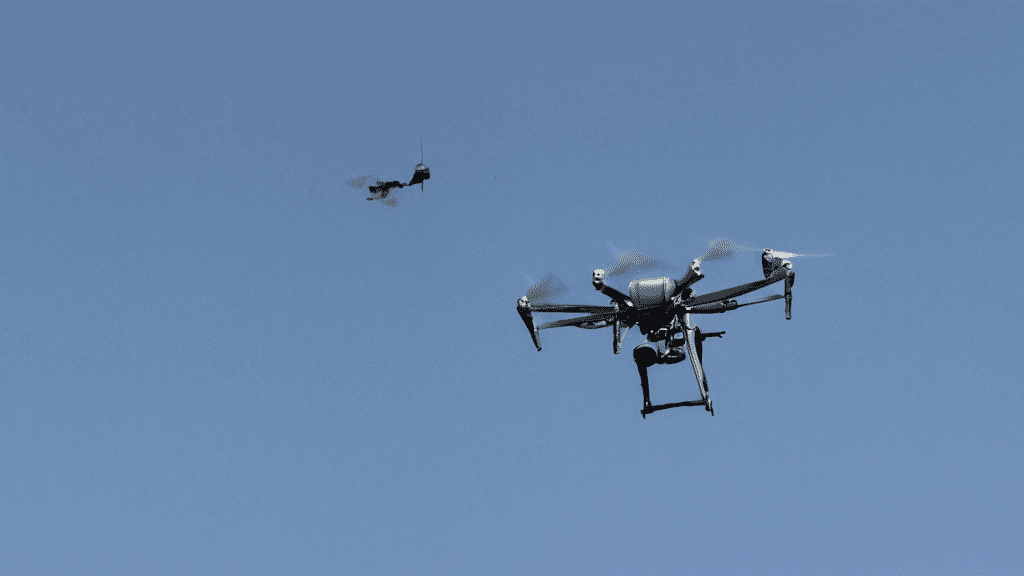Intensifying Drone Warfare in the Russia-Ukraine Conflict
The ongoing conflict between Russia and Ukraine has recently escalated with a dramatic increase in drone warfare. As of October 22, 2024, Russia has been ramping up its drone attacks, launching a staggering 60 drones targeting various regions across Ukraine. Key areas affected include Sumy, Kherson, and several central, southern, and eastern parts of the country. This surge in drone usage highlights a shift in the tactics being employed in the conflict, and it’s proving to have severe consequences for the civilian population.
Impact on Civilians and Ukrainian Air Defense
Tragically, the uptick in drone strikes has resulted in civilian casualties, with reports indicating that at least three people, including a child, lost their lives in the Sumy region during recent attacks on residential areas. The situation in Kherson has been particularly dire, with drones targeting non-combatants, including pedestrians, vehicles, and emergency services. Such tactics appear aimed at instilling a sense of fear among the local population, as attacks target the most vulnerable members of society.
On a more positive note, Ukrainian air defense forces have shown their capabilities amid the onslaught. In the recent nighttime assault, they successfully neutralized 42 out of the 60 Russian drones launched. This significant success highlights the effectiveness of Ukraine’s defenses, as many remaining drones were either shot down or disrupted by electronic warfare strategies.
Interestingly, the conflict has also seen claims and counterclaims from both sides. Russia’s Ministry of Defence stated they intercepted 18 Ukrainian drones, with downing actions taken in several regions, including Bryansk and Belgorod. However, the veracity of such claims often faces scrutiny, as the fog of war complicates accurate reporting and accountability.
International Dynamics and Drone Technology
International engagement in the conflict is also evolving. In response to the ongoing military aggression, the United States has pledged a hefty $800 million aid package aimed at enhancing Ukraine’s drone capabilities. This includes funding for the production of long-range drones, alongside an additional $400 million in military support. Meanwhile, the UK is providing £2.26 billion in assistance, demonstrating significant Western support for Ukraine amidst these developments.
Finally, it’s worth noting the technological hurdles that come with drone warfare. The small sizes and high speeds of many Russian drones pose significant challenges for Ukrainian air defenses, as they often operate on frequencies that evade detection. This makes intercepting them increasingly difficult for Ukrainian forces, underscoring the need for advanced technological solutions to counter the evolving threat.
As the conflict drags on, the situation remains fluid, and the implications for civilians continue to escalate. Both sides are adapting to the realities of modern warfare, and the continued deployment of drones will likely play a pivotal role in shaping the future of this conflict.
